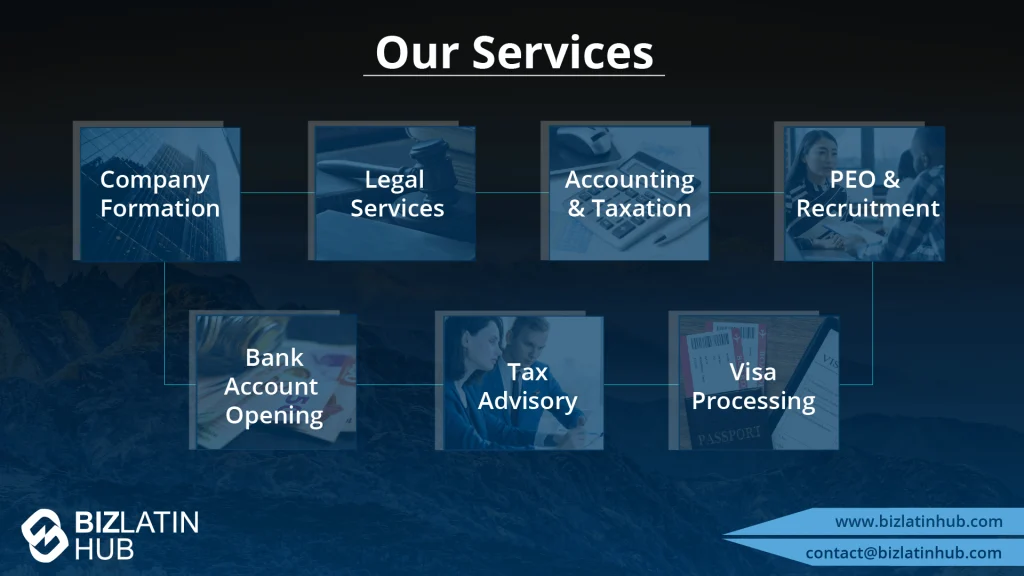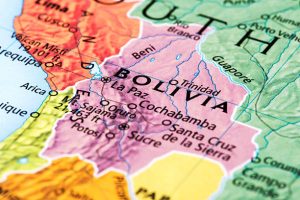Bolivia is a country rich in natural resources that are essential to modern civilization, from minerals to hydrocarbons. Oil and gas investment in Bolivia has been gaining positive attention for a while now, the country has vast natural reserves that are yet to be fully explored and its increasing supply commitments require more financing.
It is reported that only 10% of Bolivia’s mineral resources have been extracted, and currently, the country is the largest regional exporter of petroleum liquid gas (PLG), exporting its product to Argentina, Peru, Paraguay, and Uruguay. This means a growing number of opportunities for oil and gas investment in Bolivia.
In this article, we seek to outline hydrocarbon legislation and current opportunities for oil and gas investment in Bolivia. At Biz Latin Hub, we can help you understand new markets and guide you through the sometimes diffcult process of unfamiliar bureaucracy. This includes help with setting up a company in Bolivia or elsewher in the region via our network of dedicated local offices throughout Latin America and the Caribbean.
Investment Opportunities for Oil and Gas in Bolivia
Hydrocarbons are organic compounds composed of carbon and hydrogen atoms. They are found in crude oils, like petroleum and natural gas and they are of major relevance because these resources are used for combustion in motor fuel applications and heating. Not surprisingly, they are of great demand in the forms of natural gas and petroleum liquid gas (PLG) for modern civilization.
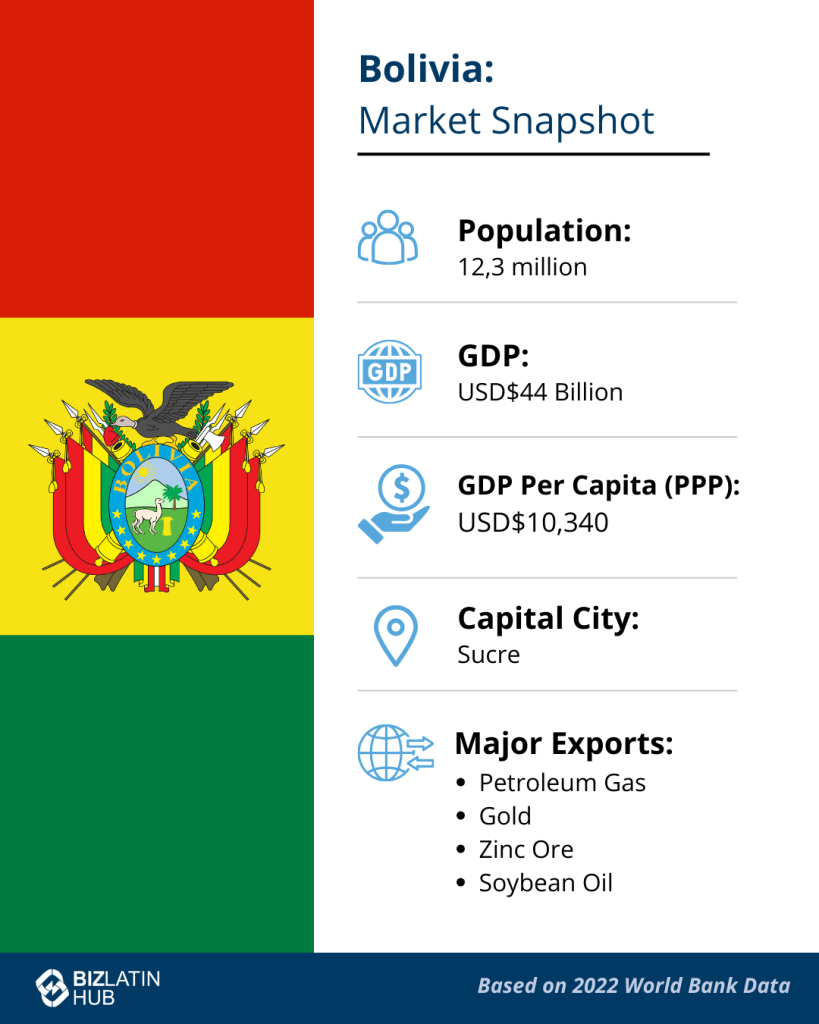
Bolivia has been working to become a major natural gas and PLG exporter. Currently, Bolivia is exporting PLG to 4 South American countries and has successfully negotiated access to the Illo port with Peru, which is important as it faces the Pacific Ocean and grants access to overseas markets. Additionally, Bolivia recently signed negotiations with Brazil to commercialize PLG and liquified natural gas (LNG) from 2025 to 2050. Throughout the years Bolivia has accrued commercial deals with several countries from the region.
Bolivia’s increasing commitments to supply gas will require more hydrocarbon extraction activities, which in turn will require more financing. In September 2019, Bolivia completed the sale of approximately 1 million cubic meters a day (MMmcd) of natural gas to MT Gas, from the Brazilian government of the state of Mato Grosso. This joint venture will distribute gas through the Bolivian East Gas (BEG) pipeline. Moreover, Bolivia is competing in an auction to provide 10 MMmcd of gas to 5 distribution companies in Brazil.
Bolivia enjoys financial stability and is seeking to become a key petroleum liquid gas and natural gas supplier. To achieve this, the country will need to facilitate more extraction operations to meet future demands. Bolivia has set up a 2019 plan of US$1.45 billion for the natural gas sector, from which US$450 million will go to exploration efforts.
Hydrocarbons legislation
Oil and gas investment in Bolivia follows the country’s legislation. In Bolivia, the Ministry of Hydrocarbons, the constitution, and other related laws make up the context for regulations of this natural resource. Hydrocarbons Law No. 3058, effective as of 17 May 2005, establishes that the Bolivian Fiscal Oil Petroleum Reservoir (YFPB) represents the State in subscriptions to oil contracts (Article 22). Additionally, according to this law, YFPB is responsible for calculating the remuneration received by oil companies.
Contracts for oil and gas investment in Bolivia
Article 65 (Law No. 3058) outlines the following types of oil exploration contracts:
- Shared Risk Contract
- Operation Contract
- Association Contract
The most common type of contracts signed in the early 2000s were operating contracts, however, due to constitutional changes in 2009, YFPB has obeyed the new service provision regime and has been issuing more service contracts.
This type of contract specifies that the government is hiring a foreign company to explore or carry out productive operations of resources in exchange for a share of production. In this contract, the installations, plants and resources are owned by the state, and the foreign company is required to pay royalties. On the other hand, the foreign company keeps a percentage of production and the remaining production is shared between the state and them, furthermore, the foreign company has the rights to commercialize its share of the production.
Operating Contracts
The remuneration for operation contracts follows a structure of recoverable costs and remaining profits. Operation contracts are currently still valid since they have a timeframe of 30-35 years. In these contracts, oil companies are responsible for hydrocarbon exploration and exploitation. After these operations are finished, they deliver all production to YPFB. This company then commercializes all the products and makes the payment of royalties and direct tax on hydrocarbons. After this, the remuneration of oil operators takes place: YPFB pays the operators their respective recoverable costs, and if there is a remaining amount it is distributed between the oil company and them.
Association Contract
This type of contract is subscribed by YPFB and the company holder of an operation contract to carry out extractive and commercial activities, adopting the association regime established in the commerce code. In these operations contracts, remuneration is established according to percentages that vary month to month, following production variability.
Service Contracts
In 2009, Bolivia approved a new Political Constitution that implemented the service provision regime. YPFB began to sign service contracts for exploration and extraction activities under this regime, in which companies carry out operations in exchange for remuneration or payment for their oil contracts. Although the Hydrocarbons Law still in force outlines the 3 contract types mentioned above, the Constitution establishes the service provision contract as a separate type of contract.
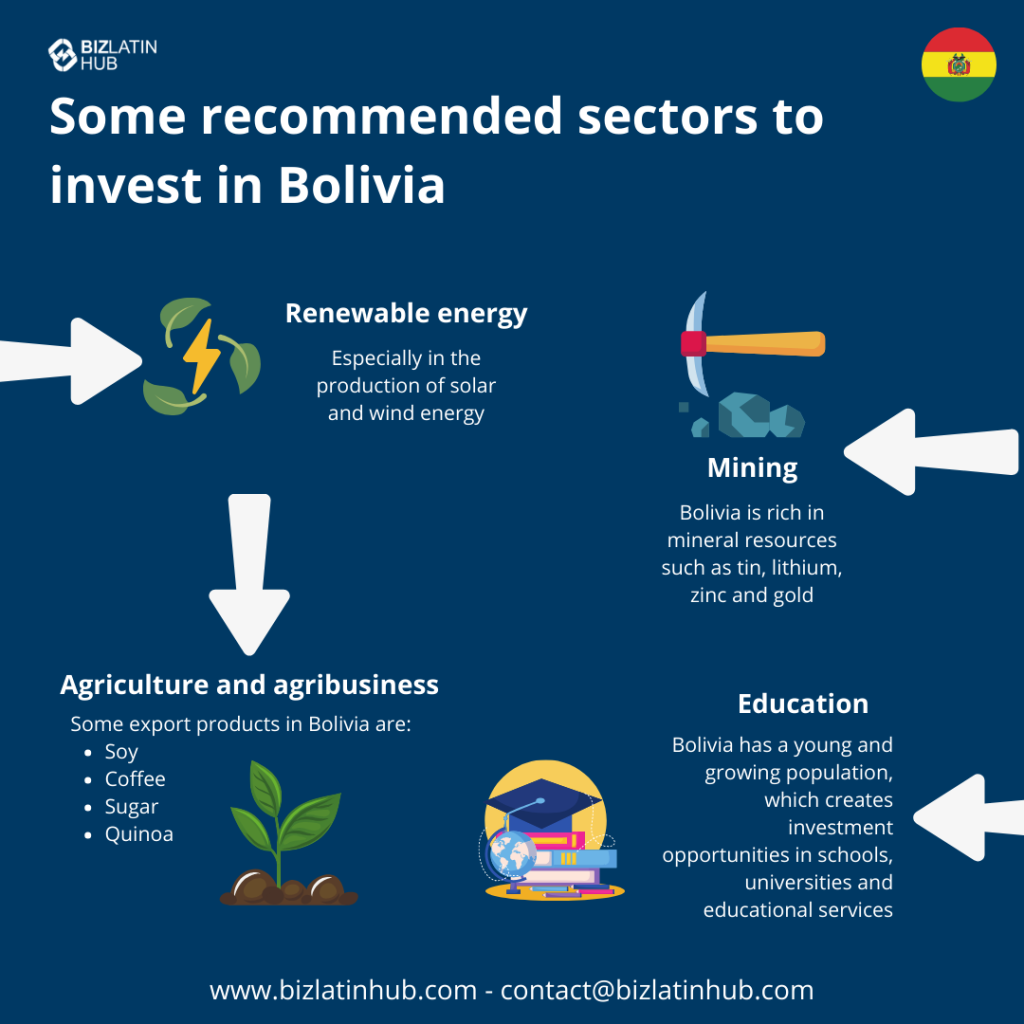
The features of service contracts differ from operation contracts. In service contracts, the company assumes the risk of exploratory activity. Additionally, if hydrocarbons are found, YPFB has to issue a declaration for commercialization for that area before beginning other operations. If companies want to carry out exploitation/productive activities, they must establish a new company in partnership with YPFB under the figure of the Joint Stock Company (SAM).
The joint company delivers its products to YPFB, who handles the remuneration and payment of royalties tasks. Similar to the case of operating contracts, YPFB carries out the commercialization of hydrocarbons and receives all the income from these sales. First, they pay the royalties, Participation of the General Treasury of the Nation (TGN) and IDH; however, unlike what happens with the operating contracts, the state company keeps a monetary participation (variable amount in each contract) directly, to later deliver the rest of the income to the SAM oil company as compensation for exploration and exploitation services.
Profits for service contracts are received according to shareholding. According to article 363 of the constitution, YPFB participation in any company must be at least 51%, so the limit for the contribution of oil companies is 49%. This is important because the profits for these SAM companies are distributed among the partners according to their shareholding. However, given the large scale demands for oil and gas, the return on investment is on the positive side.
For investors interested in doing business and in tenders, the calls are made public through the Ministry of Hydrocarbon’s official website.
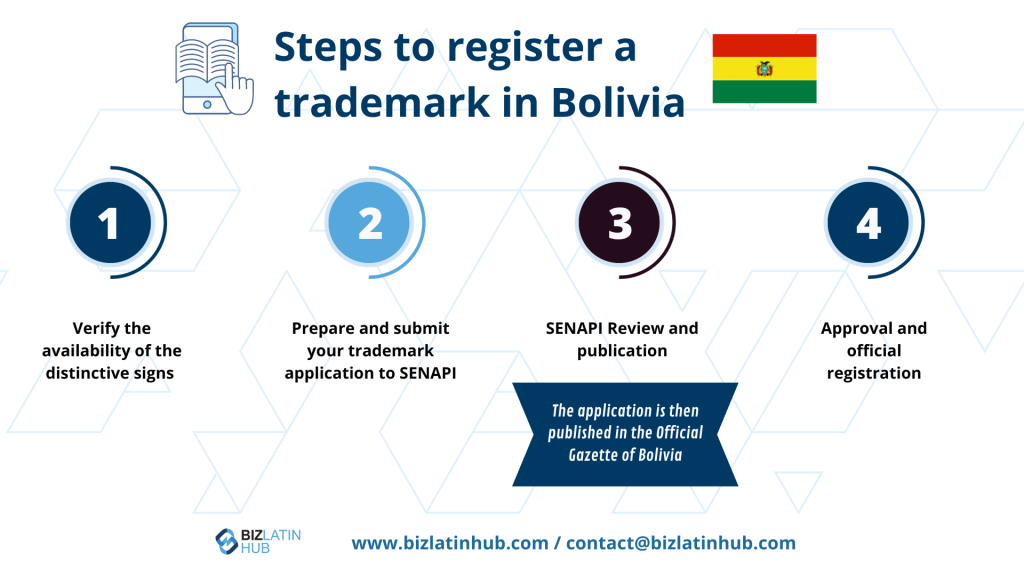
Service Contract Approval Process for oil and gas investment in Bolivia
YPFB carries out exploration and exploitation activities in its 98 reserved areas by itself or in an association. The process of contracting services is as follows:
- A decision on the development of activities
- Selection of an oil company to associate
- Negotiation of the hydrocarbon exploration and exploitation services contract
- Approval of the negotiated contract and referral
- Authorization for subscription by the legislative assembly
- Approval of the contract by the legislative assembly.
Biz Latin Hub can help with oil and gas investment in Bolivia
Oil and gas investment in Bolivia benefits from the current conditions. The nation has been doubling efforts to become more open to foreign investment and to be able to fulfill its commitments as a lead gas supplier in the region.
To enter the Bolivian market seek out guidance from our mining lawyers who are ready to assist you. Gain access to the opportunities in Bolivian mining, contact us today for legal services, accounting and taxation, and commercial representation.
Learn more about our team and expert authors.
